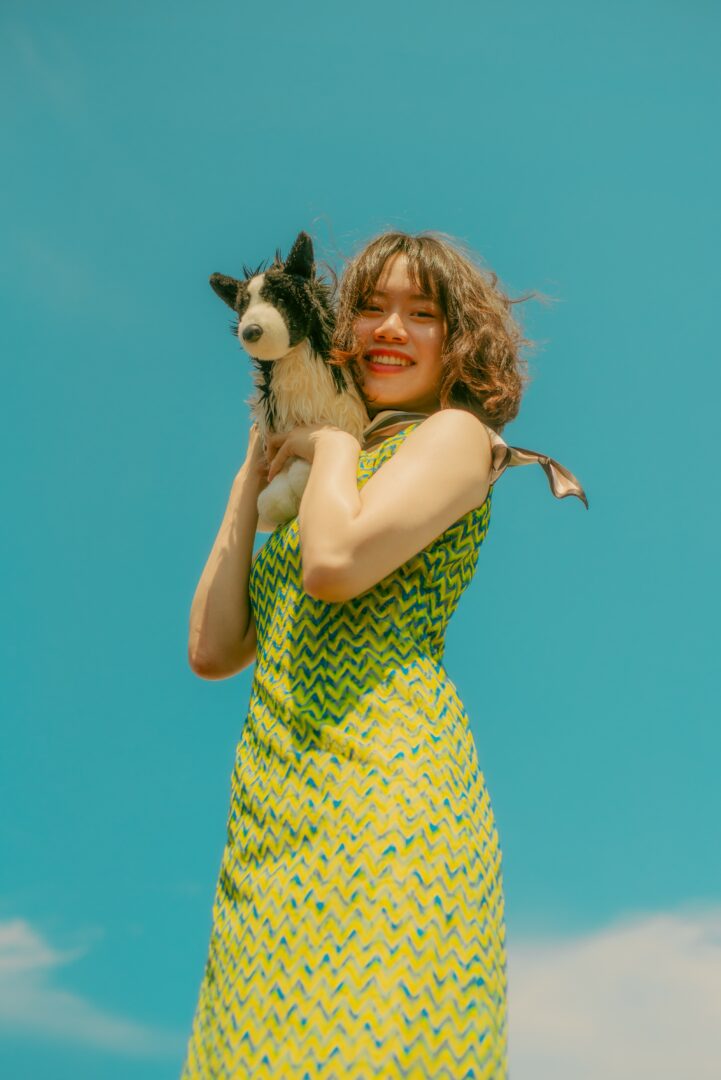We recently had the chance to connect with Aimee/ IWen Chen and have shared our conversation below.
Hi Aimee/ IWen, thank you so much for taking time out of your busy day to share your story, experiences and insights with our readers. Let’s jump right in with an interesting one: Have any recent moments made you laugh or feel proud?
I love this question! Recently, I am working on a pop-up afternoon party even with my friends. My friend and I are afternoon tea addicted, and this addicted turns out that we’d like to share out weekend happiness to people who has similar interested. My role is fruit crepe cakes maker. For this upcoming event, I tried and learned a lots, and figured out my best way of fruit crepe cake making receipt. It is not an easy thing, making cake is like doing chemical experiments, from the degree of room temperature adjustment to the order of placing materials. These tiny steps could brings a spectrum of outcome, like different texture and the appearance.
Can you briefly introduce yourself and share what makes you or your brand unique?
“I enjoy observing differences in my creation, and finding possibilities for mixing, reorganizing, and retranslating within these differences.”
IWen Aimee Chen is a Taiwanese visual designer based in New York, with an MFA in Computer Arts from the School of Visual Arts. With over eight years of experience, her work spans motion graphics, 2D/3D animation, and illustration. She is currently a visual content creator at CLO Virtual Fashion, a company that develops 3D software for fashion designers.
Aimee’s artistic approach centers on exploring differences—she enjoys blending, reorganizing, and retranslating visual elements to create new meanings. Her vibrant, dog-filled artworks often feature geometric patterns and bright colors, reflecting her playful and thoughtful style.
She believes animation, like all art forms, starts with seeing and self-awareness. Inspiration arises from small, genuine life interactions, which she reflects on like looking into a mirror. Through this introspection, ideas grow and eventually develop a life of their own during the creative process.
About the background of Aimee. In 2019, Aimee completed “Puppy Love,” an experimental animated short film with a bold subject matter and visual approach. After its release, it was fortunately shortlisted for numerous animation festivals both domestically and internationally, including in Ottawa International Animation Festival, London International Animation Festival, Zagreb International Animation festival, and New York International Film Awards. It was even selected for the Annecy International Animation Film Festival, a landmark event in the animation industry, and represented the National Taiwan Institute of Cultural Affairs in its MIFA. This work, which her completed independently while studying at the Taipei National University of the Arts, making it a milestone work in her career.
Appreciate your sharing that. Let’s talk about your life, growing up and some of topics and learnings around that. What’s a moment that really shaped how you see the world?
One moment that really shaped how I see the world was when I decided to study animation at Taipei National University of the Arts. At the time, I simply wanted to explore a non-traditional creative path, but that choice opened up a whole new way of seeing and thinking for me.
Through making animation, I started to understand how closely it’s tied to other forms of art—it all begins with a desire to express something meaningful. I became fascinated by how tiny, seemingly insignificant interactions in daily life can spark creative ideas, and how those ideas, once observed and reflected upon, can be translated into visuals. This process felt like standing in front of a mirror—sometimes the reflection is about myself, sometimes about the world around me.
Creating Puppy Love and Liu, two short animations, deepened this perspective. These works helped me explore how humans project emotions, how memories and imagination are filtered through our senses, and how we can never fully escape our own subjectivity. I became interested in the idea that people are often trapped in their own mental time zones, perceiving everything through layers of personal frequencies.
Another pivotal moment was watching Devilman Crybaby, animation directed by Masaaki Yuasa. It pushed my understanding of what animation could do. The way it blended violent, political, and even disturbing themes with contrasting emotional tones made me realize that even the most uncomfortable or “politically incorrect” subjects could be explored meaningfully through animation. That realization gave me the courage to be more direct and experimental with my own storytelling.
Looking back, the experience of studying animation didn’t just shape how I create—they fundamentally changed how I observe the world, how I process emotions, and how I choose to communicate.
What’s something you changed your mind about after failing hard?
One major thing I changed my mind about after a tough setback was my original plan to pursue independent animation full-time by continuing my education in Europe. I had imagined a path where I’d deepen my work in experimental animation, refine my thematic voice, and eventually transition into independent commercial projects. That was the dream.
But when the pandemic hit in 2020, everything shifted. The global uncertainty—mixed with rising anti-Asian sentiment, economic instability, and geopolitical tension—shook me. I started to question whether my plan was truly sustainable, or even aligned with who I was becoming. For the first time, I realized that many of my past decisions had been based on clear, visible goals. But now, I saw that where I came from, the label I carried, and even the place I stood in the world were factors already shaping my path, whether I liked it or not. That realization was both sobering and awakening.
I had to ask myself: Is sticking rigidly to the idea of being an “independent animation artist” really the only way to stay true to my creativity? Or was I just locking myself into a narrow identity out of fear? That questioning led me to a major shift. I decided to move away from a purely animation-focused path and instead applied to a computer arts program in New York. I wanted to better understand commercial visual design, learn how to balance creativity with business, and see how other artists were building flexible, multi-disciplinary careers.
This decision wasn’t about giving up on my values—it was more like starting a new character in a video game. I let go of the need to reverse-engineer every outcome, and instead opened myself to unexpected ways of growing. That failure made me realize I don’t need to choose between art and survival. I can find a way to do both—just from a different vantage point.
Alright, so if you are open to it, let’s explore some philosophical questions that touch on your values and worldview. What do you believe is true but cannot prove?
I believe there are aliens in the world. I like how Wes Anderson portrayed aliens in the movie Asteroid City. Aliens are unknown creatures to humans, and I believe the reason they hide is because humans can’t accept a being from a more advanced civilization—so hiding becomes the best strategy. So far, everything I’ve learned about aliens comes from scientific research and whatever information governments choose to disclose to the public. This makes me feel both frustrated and disheartened about humanity. I wish there were more open sightings of UFOs and aliens shared on social media.
Thank you so much for all of your openness so far. Maybe we can close with a future oriented question. What do you understand deeply that most people don’t?
One thing I understand deeply—perhaps more than most—is how much of what we call “reality” is shaped by subjective perception. Through my work in animation and visual design, I’ve come to see that storytelling, memory, even emotion, are not fixed truths but filtered experiences.
Most people assume we all experience the world the same way, but I’ve learned that’s not true at all. The way we remember, imagine, or even observe something is deeply tied to our own biases, senses, and mental states. In animation, I explore this by playing with fragmented spaces, distorted time, and abstract forms—because that’s closer to how we actually process the world internally.
I think this perspective gives me more empathy. If everyone is living inside their own version of reality, then misunderstanding isn’t the exception—it’s the rule. That idea doesn’t make me cynical; it just pushes me to listen more, observe better, and create with more intentionality.
Contact Info:
- Website: https://aimeeslaveinanima.com
- Instagram: https://www.instagram.com/aimee_slaveinanima/
- Linkedin: https://www.linkedin.com/in/aimeeslaveinanima/
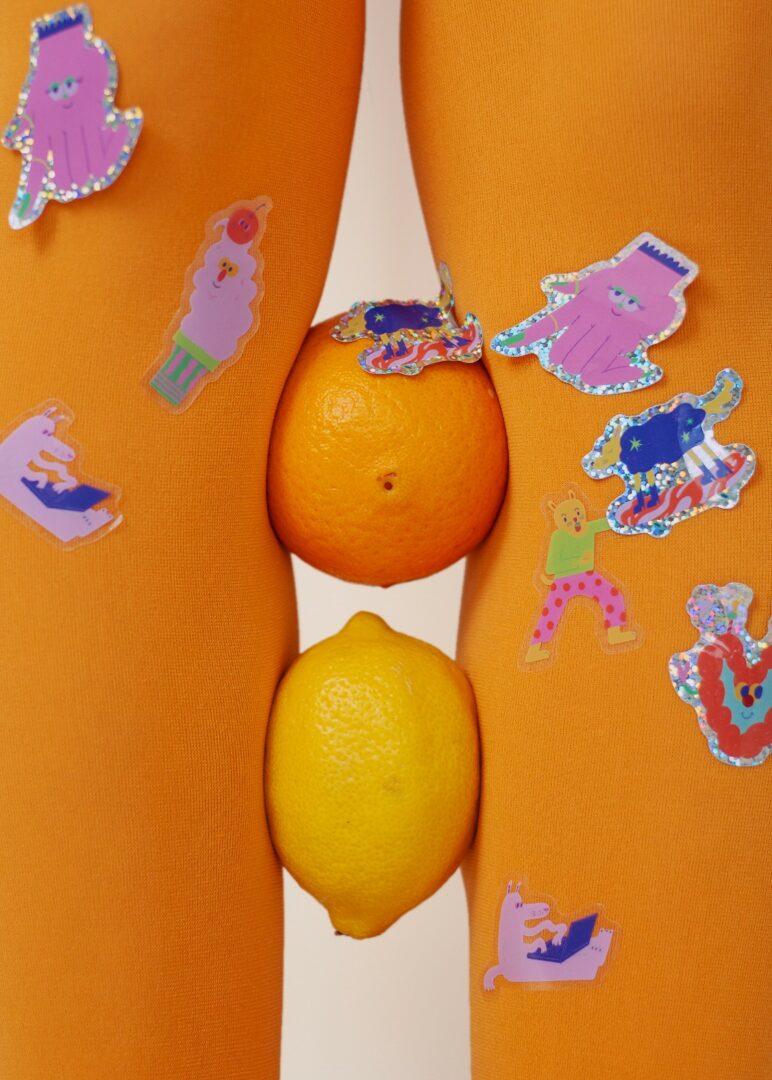
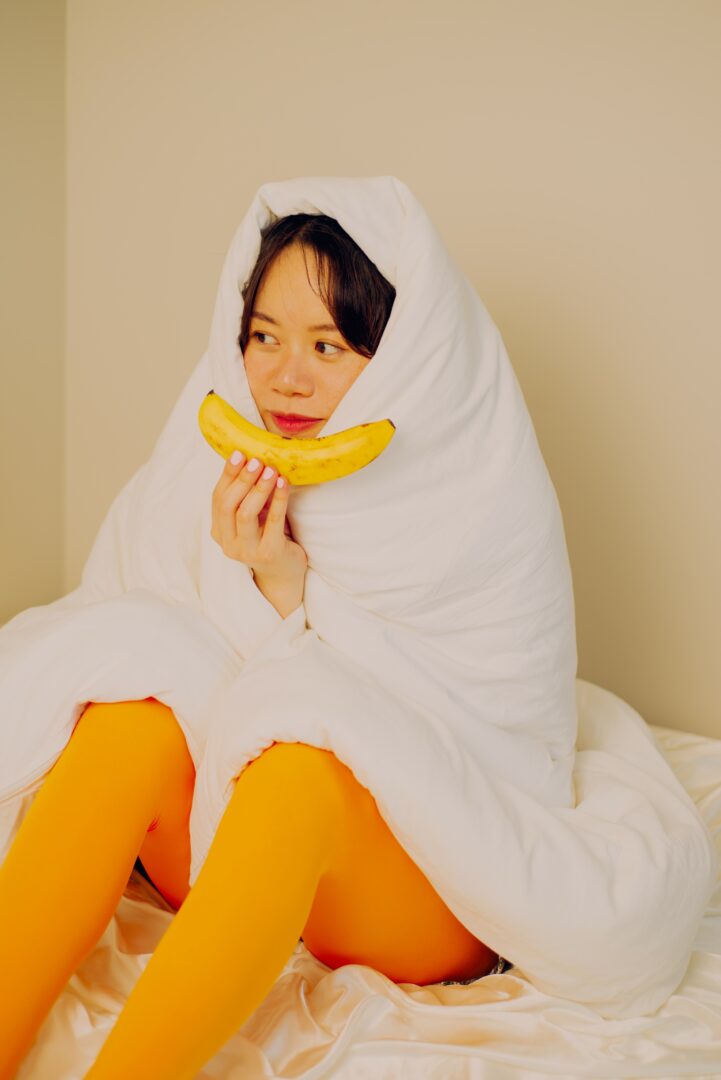
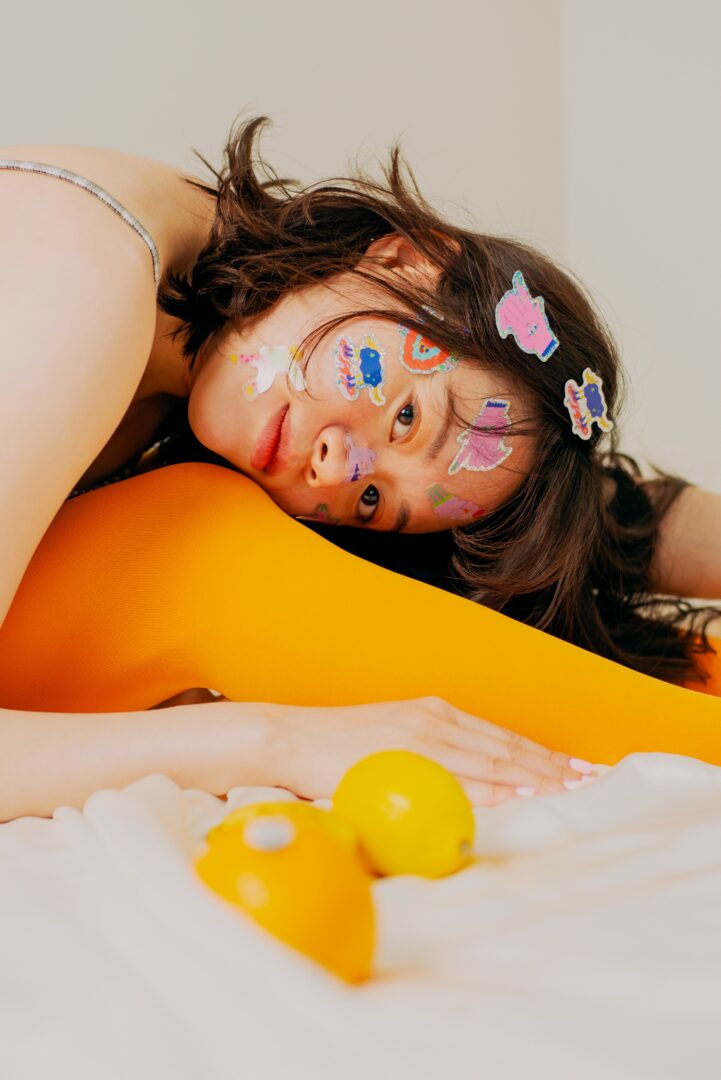
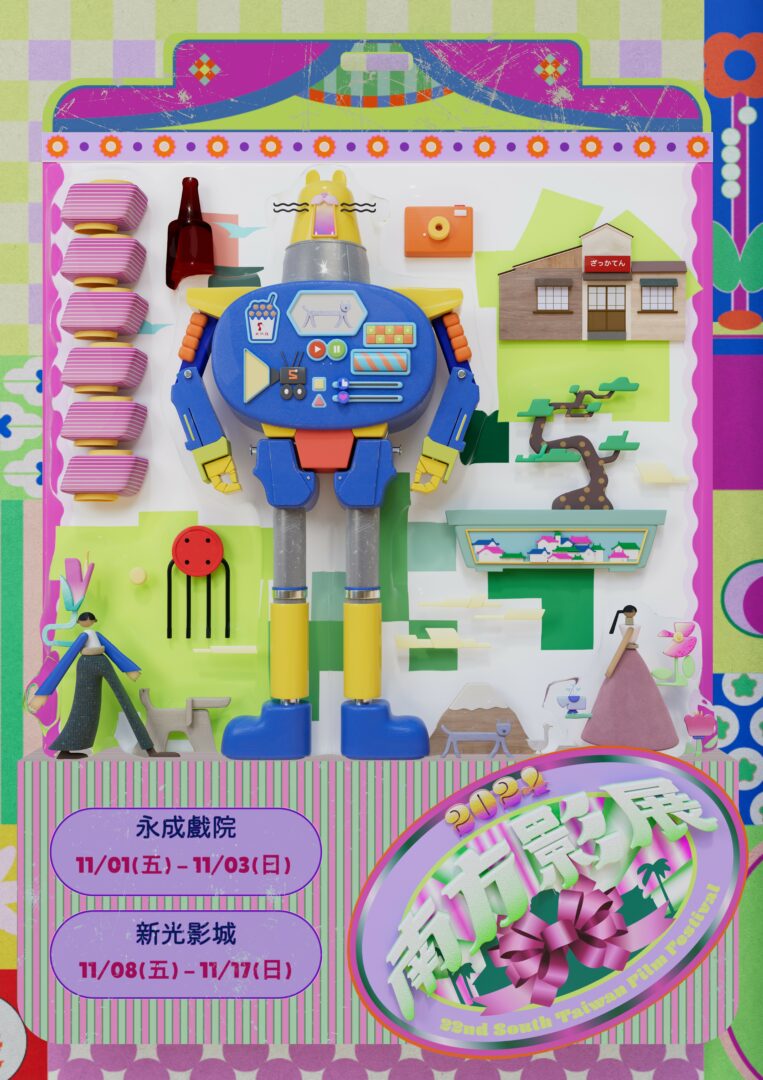
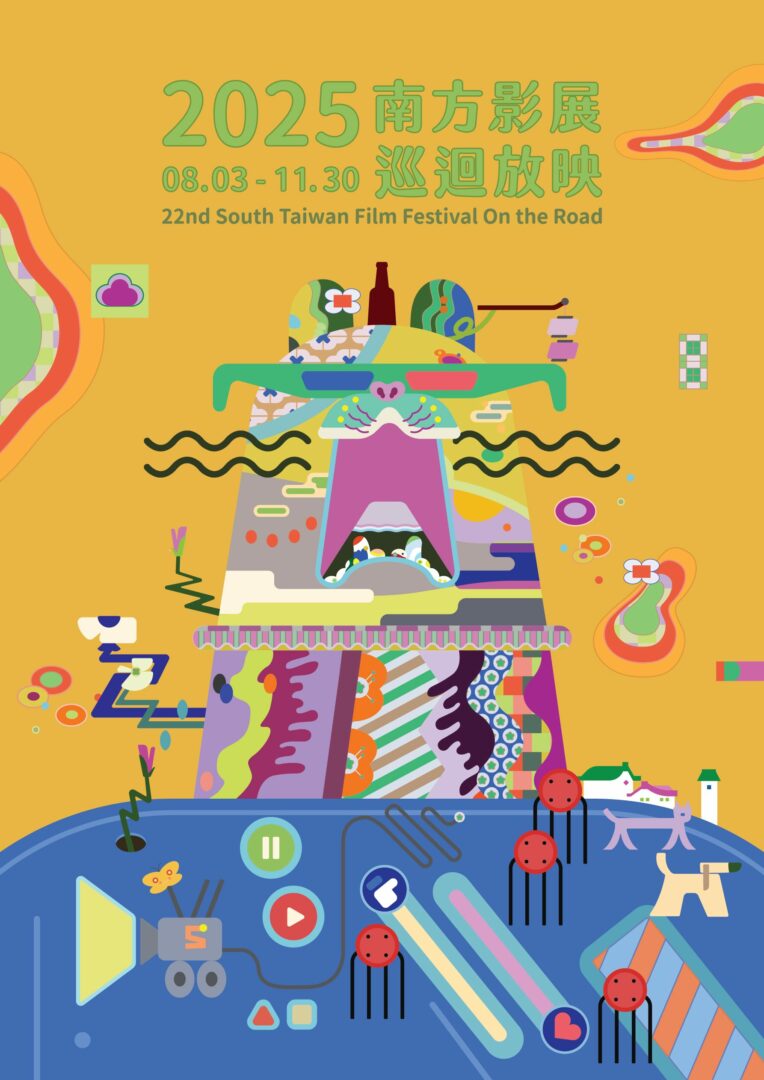
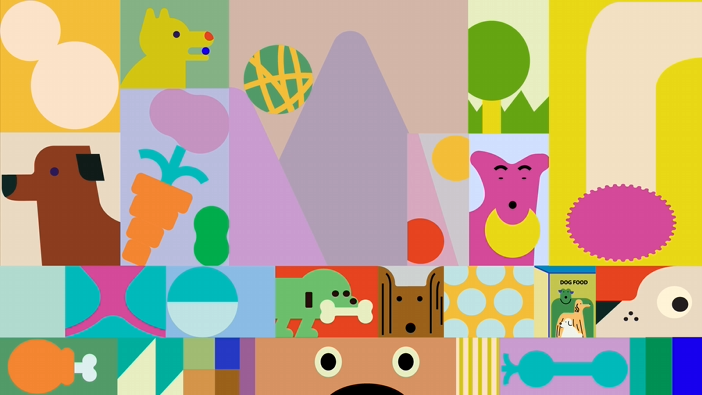
Image Credits
All created by Aimee IWen Chen.
Photographer: Lili Fang
Clients: 44 bit, South Taiwan Film Festival.
so if you or someone you know deserves recognition please let us know here.

